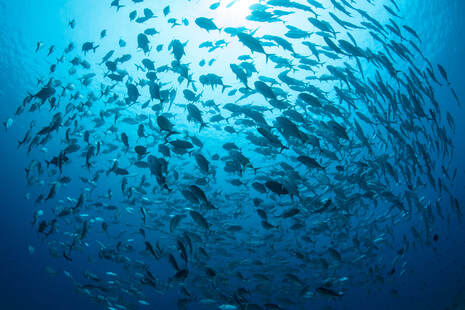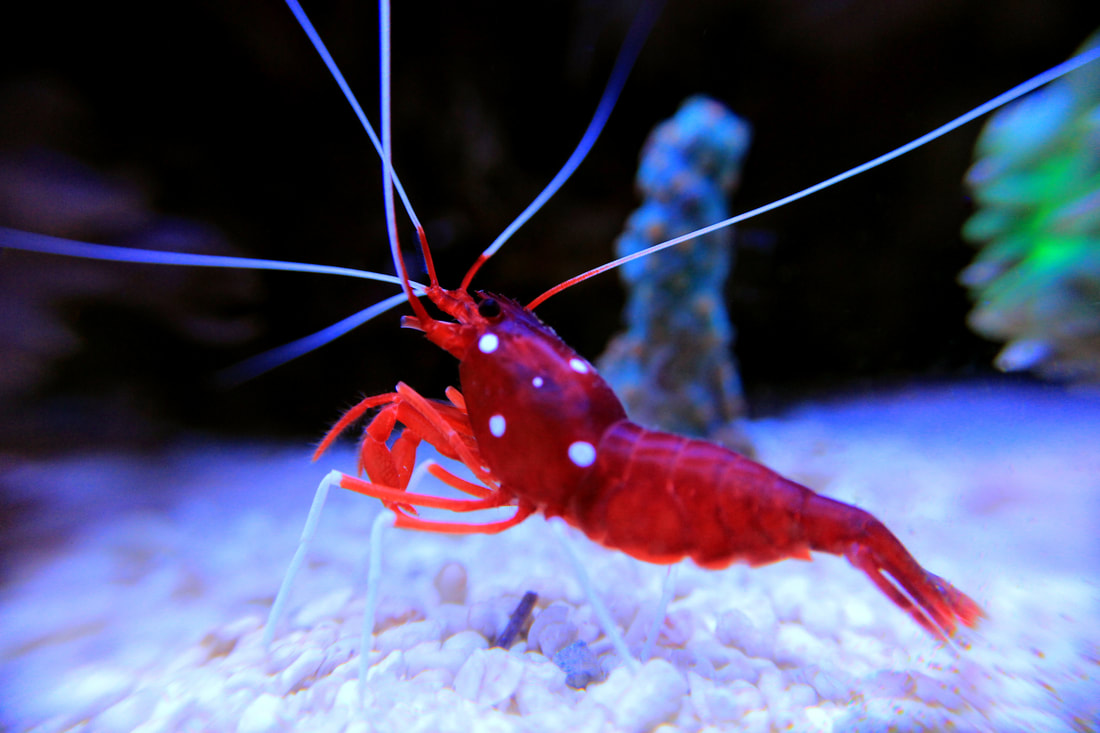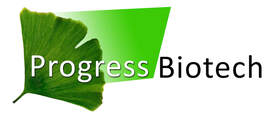Plant-based and sustainable DHA algal oils
People, planet, profit; the triplet of understanding sustainability and health for all,
can best be achieved by people who live by the consciousness of these.
Both within companies as in their private lives.
can best be achieved by people who live by the consciousness of these.
Both within companies as in their private lives.
|
Algal oils – a colorless and vegan certified, plant-based alternative
As demand for Omega-3 rich supplements continues to grow, Progress Biotech has created a range of algal oils that provide consumers with a cleaner and sustainable, plant-based alternative to traditional fish oils. Jaap Peters, CEO and founder of the company, discusses the merits of this innovative approach. Even though the health benefits of fish oil as a supplement have long been established, these products do have their drawbacks. Scientists are increasingly worried about the impact the fishing industry has on the environment. Especially on the ecosystems of the oceans. Overfishing is causing loss of biodiversity and in general the global demand for fish is putting an extreme pressure on the oceans. Progress Biotech strongly believes that algae are the true sustainable option as a source of Omega-3s. Most krill and cod liver oil supplements are strongly flavored, and not suitable for vegetarians and vegans. Progress Biotech has found a solution by extracting the Omega-3 fatty acid docosahexaenoic acid (DHA) from algae, producing a flavorless, colorless and vegan-certified plant-based alternative to fish oils. Through its innovative mechanical extraction process, Progress Biotech produces algal oil from the species Schizochytrium, without using any solvents. The company then refines and concentrates the oil according to EU standards. This method results in a pure and very stable oil, which is available in a range of 40–80% DHA. |
|
The search for sustainability
The decision to move towards algal oils was triggered by a more sustainable approach to food. “These days, we need to be careful what we do and what we eat,” he says. This move was spurred by two main factors – an awareness of the decreasing volume of fish in the ocean and a sense that completely clean fish are hard to come by. “We have taken that requirement for fish oils,” he says, “and asked, ‘can we find a different way to make these fatty acids without wasting fish as a resource’.” Speaking of the various clean standard organizations in the fish oil market, Peters is skeptical as to whether fish can ever be fully classed as 100% clean. “Even if you know where fish are caught, you cannot be sure where the fish has been or what it has been feeding on,” he says. Contaminants and pollutants accumulate in the food chain and will remain present in the fish oil. The greater awareness of how fish and marine organisms are contaminated is supported by evidence from increasingly sophisticated analysis techniques. Many of the chemicals accumulated in the food chain of the fish are very persistent and should be avoided. |
|
Another way means: 'plant-based'
For Progress Biotech, algal oil production is the obvious choice to bring a new type of plant-based Omega-3 product to the market, ensuring that customers get a high-quality and ultra-clean product. It is the ideal alternative to fish oils, it is clean and practically free of contaminants. We can trace all products back to the first cultivation of the algae. Many algae are grown in open ponds but our algae are grown in stainless steel tanks in fully controlled conditions. The oceans can not provide enough Omega-3 fatty acids to meet the requirements of the increasing global population. This fish free, scaleable, circular approach to producing Omega-3 fatty acids is one of the steps in the right direction meanwhile meeting all the highest regulatory standards for nutrition. Plant-based Omega-3 algal oils aren’t just for vegans, rather, they satisfy the widespread approach towards conscious eating for everyone. |



